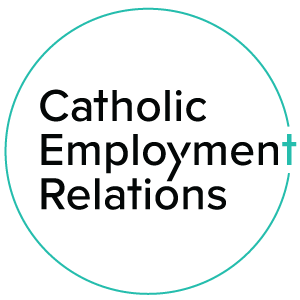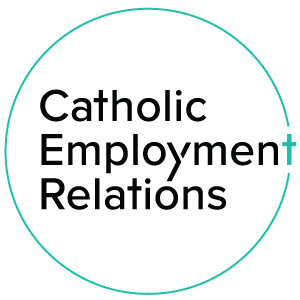Maximising employee potential
A guide to managing performance issues
Employees are often unaware they are not performing well and are unlikely to initiate change unless their employer identifies issues with their performance.
The performance review process should be designed to help the employee improve overall, rather than to operate as a punitive measure.
Performance issues are different from misconduct
Underperformance is usually displayed by a failure to do the duties of the role or to meet the standard required because the employee lacks the required skill, knowledge, or training, or because the employee does not know what is expected of them.
Misconduct is wrongful, improper, or unlawful conduct that is often motivated by an intentional purpose or by indifference to the consequences of the employee’s acts.
Management of misconduct is different from the management of performance issues.
Although there is a requirement for an employee to be warned about unsatisfactory performance, and to be given an opportunity to improve before dismissal is considered as an option, there is no similar requirement for an employee to be warned about misconduct or serious misconduct.
Steps an employer can take to reduce performance issues
Develop a performance management policy that is regularly communicated to employees and which outlines what is expected of employees and what will happen if they underperform.
Conduct regular performance reviews to track employee performance against agreed goals, set new goals, monitor progress and see whether further support, training, and development opportunities are required.
Discuss and explain to underperforming employees how they are not performing and identify underlying causes, such as personal problems, or issues that may need to be resolved independently. independently.
Recognise and acknowledge employees who do a good job.
Informal Performance Management
Informal performance management does not rely on formal meetings or warning letters and can have a positive impact on an employee’s day-to-day performance.
Informal constructive two-way conversations may be held with the emphasis on finding ways for the employee to improve and sustain improvement, such as additional support, guidance, and/or training plans.
Employers should keep notes of any informal performance management conversations and ensure employees are aware that formal processes will be used if performance does not improve or is not maintained. is not maintained.
Formal Performance Management
Formal performance management is a structured and planned process that involves setting goals, providing feedback, and evaluating performance.
Managers can support the improvement of an employee’s performance by:
Effective communication.
Managing expectations.
Building trust through a culture of support and wellbeing.
Encouraging feedback.
Training and development.
Performance reviews are often used to address an employee’s strengths and weaknesses and to identify ways for the employee to improve performance and what areas they are doing well.
Formal performance management will usually involve the development and implementation of a Performance Improvement Plan.
Implementing a Performance Improvement Plan
A Performance Improvement Plan (PIP) not only allows the employer to assess whether sufficient improvement has been achieved but also assists employees to know the areas that must be improved.
Important steps in implementing a PIP include:
Meeting with employee to:
provide examples where the employee isn’t reaching expectations;
present the PIP and ask for employee feedback;
confirm next steps and record outcomes.
Use Specific, Measurable, Achievable, Realistic and Timely (SMART) goals and objectives.
Offer support and training, including counselling and EAP.
Outline how progress towards the required level of performance will be measured.
Set a timeframe for review, along with regular meetings to assess progress.
Provide an opportunity for the employee to comment and be prepared to make adjustments after receiving the employees input and feedback.
Advise consequences if desired targets are not achieved and/or if there is no improvement (e.g. written warning and/or that their employment could be terminated).
Reasonable management action – what is it?
Management action must be reasonable in the circumstances and carried out in a reasonable manner to minimise unfair dismissal consequences and workers’ compensation claims.
To ensure that a performance process is carried out in a 'reasonable manner' employers should:
Follow internal performance and conduct management guidelines/policies;
Consider the employee's fitness to participate in performance process and any other relevant circumstances;
Ensure PIPs clearly identify targets for improvement; provide reasonable timeframes to achieve targets; and support and provide feedback throughout the process; and
Keep records.
Outcomes
At the end of a formal performance process, feedback and an outcome must be provided to the employee.
If the employee has reached their goals from the PIP, and there has been sufficient improvement, you may decide to simply close off the PIP with a finalisation letter.
However, if the employee's performance has been unsatisfactory, you may consider issuing a warning letter that clearly outlines that the employee's performance has fallen short of the expectations required for the role and that if they don't improve, their employment could be terminated. The warning letter might also include remedial action like some follow-up training or coaching to assist the employee in making improvements to the required standards.
Termination of employment might be considered if the employee has failed to rectify any issues outlined in their warning letter or demonstrated sufficient improvement. The employee needs to be given a reasonable period of time to improve their performance before termination can be justified.


